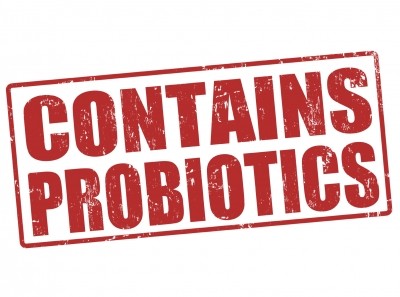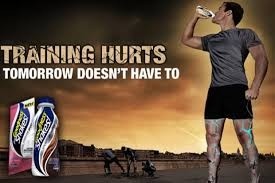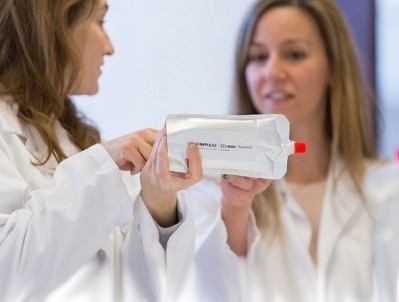Follow us
Product Innovations
Lonza’s ‘Top tips for developing breakthrough vegan supplements, that deliver’
More consumers are embracing vegan lifestyles, which means that the demand for vegan supplements is soaring. When this is paired with capsules, the preferred...
Research for Restorative Sleep: Levagen®+
Levagen®+ is Gencor's branded Palmitoylethanolamide (PEA), an endogenous fatty acid amide naturally found in every cell of the body.
Looking to capitalize on market trends quickly?
Lonza’s ready-to-go formulas can help you keep up with the most in-demand health categories, including joint health & mobility, digestive health (probiotics),...





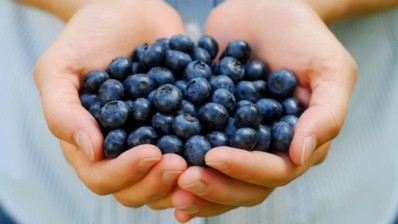



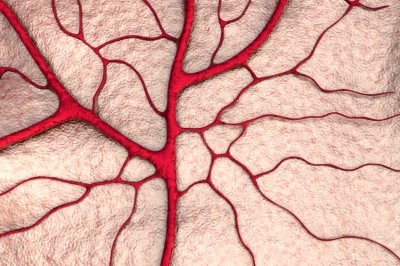








!['It is likely that [Polish] CVD patients paid more attention to adequate nutrition due to CVD diagnosis,' researchers say](/var/wrbm_gb_food_pharma/storage/images/_aliases/news_teaser_medium/9/1/2/9/3319219-1-eng-GB/Heart-disease-leads-to-upped-antioxidant-polyphenol-flavonoid-intake.jpg)
